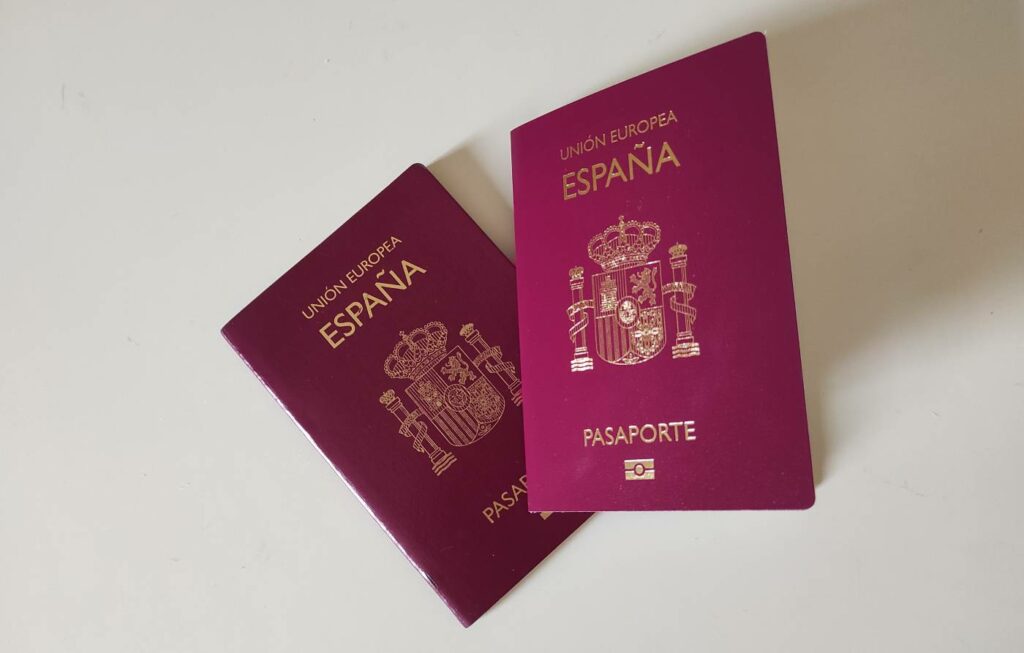A non-lucrative visa allows you to enter Spain to live there without earning. It is classified as a long-stay visa in Spain. The essential condition for obtaining this visa is that you have adequate financial resources to sustain yourself without having to work in Spain.
If you arrive in Spanish Non lucrative visa, then should apply for a renewable residence permit för non-lucrative purposes. As a result, the visa may be referred to it as the Spanish Non-Lucrative Residence Visa in some locations.
Retirement Visa Spain
The Spanish non-lucrative Visa is another name for the Spanish retirement Visa. Non-Spanish people who have achieved retirement age but do not intend to work in Spain are granted this visa. You can only operate remotely in your own company or with clients that are not based in Spain if you have a Visa. Also, if you are planning to visit Spain, prefer a spanish golden visa.
The retirement visa allows individuals from countries outside of the European Union to live in Spain if they can financially support themselves. Since the United Kingdom’s exit from the European Union, persons intending to retire in Spain, British retirees, or anybody desiring to reside in Spain without working have used the Spanish retirement visa 2022.
The following individuals are eligible to apply for a retirement visa in Spain:
• Retirees who desire to live in Spain
• Non-EU citizens who want to live in Spain but work remotely from the country
• Anyone wanting to live in Spain for a year without working while waiting for a work visa from the Spanish government
Requirements of the Retirement permit in Spain
Anyone seeking permission must show that they have the financial resources to sustain themselves and their family without working. Those who have obtained a Visa are permitted to stay in Spain for one year after entering Spanish territory.
Those who have a retirement visa from Spain are:
• They are only allowed to stay in Spain for a year after entering Spanish territory.
• They must spend a minimum of 183 days on Spanish soil before their visas may be renewed.
• Are you a non-Spanish citizen who has been in Spain for more than three months?
• Resident taxpayers in Spain
• They are taxed on their worldwide transactional income, which is subject to the double taxation treaties.
• Their visas must be renewed every 2 years until they receive a permanent visa to stay in Spain.
• Permanent Visas are only issued after five years of residence in Spanish territory.
• They are not permitted to earn any money, either physically or financially, until their eligibility is certified.
• In Spain, you are not authorized to invest in any industry.
• Permitted to study when in possession of a retirement visa from Spain.
• During the duration of the Visa, you are not permitted to work for any Spaniard.
• Having a Spanish retirement visa will allow you to invest within Spain or earn additional income without having to leave the country.
SWORN SPANISH TRANSLATOR
For the majority of us, Spain is the ideal destination for a relaxing vacation. If you’re conducting business with a Spanish company, tourism is almost certainly a factor. Our regular & Spanish sworn translator, fortunately, have lived or are now living in Spain and are immune to its entanglements.
SPANISH TRANSLATIONS
Our translation service can provide you with a certified translation into Spanish from any language. They will even skip their lunch to fulfill your deadline if you want an urgent Spanish translation. But, aside from the Spanish jokes, our regular and qualified translators, as well as our official Spanish translation agency, can provide speedy and high-quality Spanish translation services for any of your papers, whether it’s legal, financial, medical, or technical translation.
Divorce in Spain for foreigners
The international component of our services enables us to give high-quality legal aid when a Divorce in Spain for foreigners is required. On the one hand, there’s worldwide jurisdiction, which we’ve covered in our media area in various legal pieces. On the other hand, regardless of where the divorce is filed, there is a law that applies to it. To address this topic, it’s vital to evaluate whose law regulates these situations when multiple countries’ regulations may conflict.
Currently, regulation 1259/2010 of the Council of the European Union establishes the criteria for determining which law applies to divorces and separations involving one or both foreign parties. Its goal is to improve not just cross-national legal collaboration, but also to offer citizens more legal certainty while making it much easier for judges to manage cases.
This rule stipulates that couples can agree ahead of time on which member state’s law they wish to apply to their divorce if it is the member state with whom they have the most ties. In the absence of an agreement, the rule states that the law of the nation where the parties’ habitual residency is at the time this same divorce petition is filed will apply. If this is not possible, the law of the nation where one of the spouses resides will apply.
